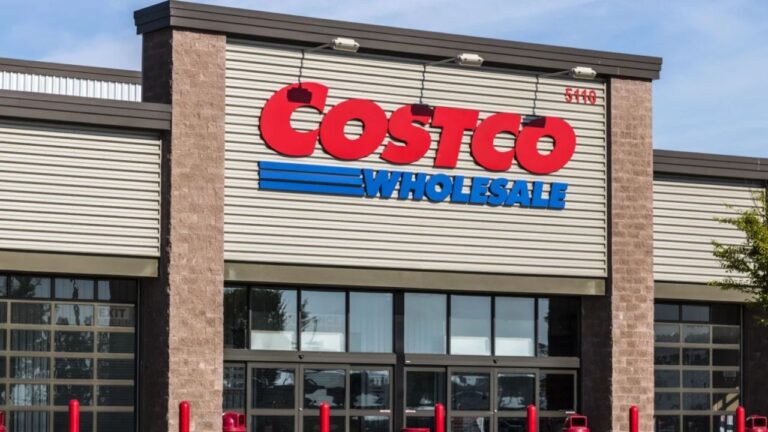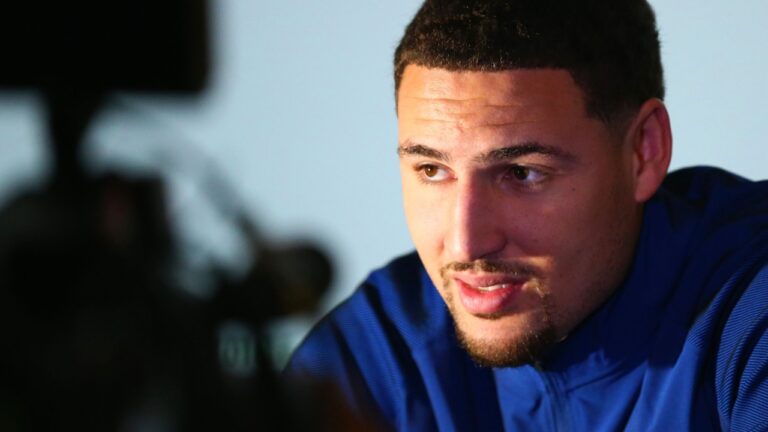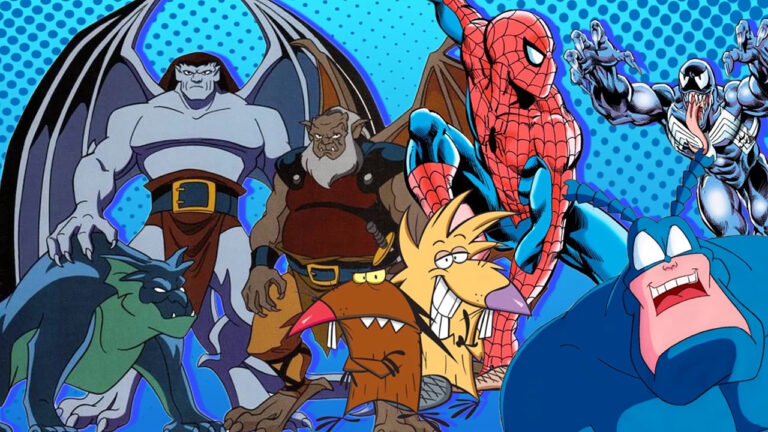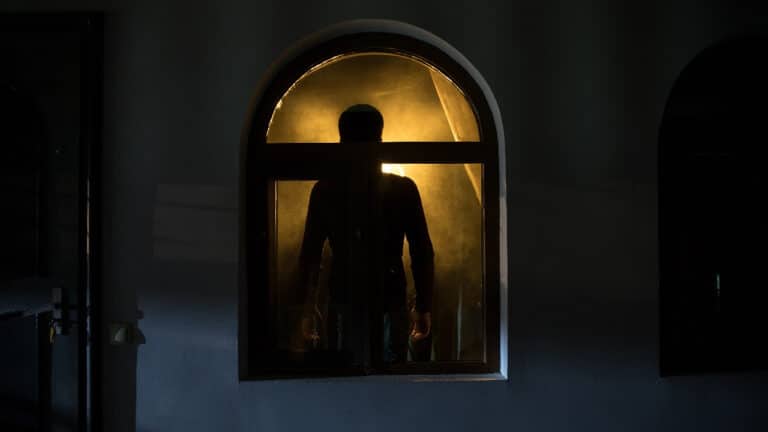20 Best British Sitcoms of All Time
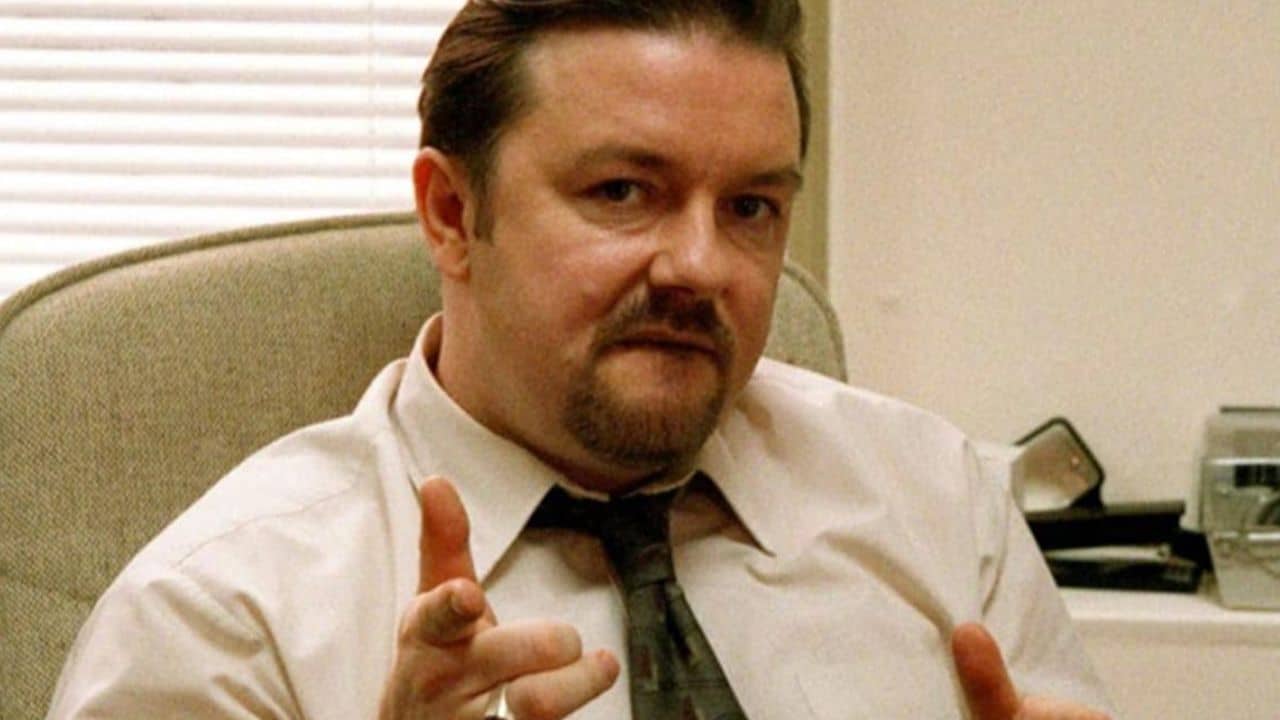
Like any nationality, British sitcoms feature a distinct brand of comedy, more often than not opting for dry-witted sarcasm, off-kilter absurdism, pitch-black dark humor, and topical satire to convey many of their foremost jokes.
While some non-British viewers might find that combination a bit odd or disorienting, others have found themselves drawn to British sitcoms for their unabashed originality and unique comedic style.
From influential implementations of surrealism to poignant portrayals of average corporate settings, these sitcoms defined British television, and, in some cases, even managed to win over American audiences across the pond.
Monty Python’s Flying Circus (1969-1974)

One of the most revolutionary shows in all of comedy, Monty Python’s Flying Circus introduced the world to the larger-than-life comedic troupe known as Monty Python. Breaking every conventional rule associated with mainstream television, Flying Circus drew on every aspect of comedy at their disposal, mixing fast-paced verbal humor with surreal gags left and right.
Taking inspiration from contemporary politics, classic literature, existential philosophy, history, and pop culture, the unexpected became the expected with every new episode of Flying Circus, the Pythons capturing a worldwide audience of fans through their irrevocable brand of humor.
Fawlty Towers (1975-1979)

Departing from Monty Python at the end of Flying Circus’s third season, John Cleese attempted to create his own take on the more traditional British sitcom. The ensuing show came in the form of Fawlty Towers, a comedy show focusing on the day-to-day operations of a hotel run by Cleese’s Basil Fawlty.
A snobbish prude who views his guests and employees with equal disdain, Basil Fawlty became the archetypical model for British sitcom protagonists moving forward, his DNA found in everyone from Blackadder to The Office’s David Brent.
Blackadder (1983-1989)

Like most great sitcoms, Blackadder only grew better over time, with each new season ushering in a new and improved version of Rowan Atkinson’s self-interested anti-hero.
Depicting the misadventures of several prominent members of the Blackadder family bloodline, Blackadder traipses across four succinct time periods, providing humorous looks at the Middle Ages, Elizabethan England, Georgian England, and the battlefields of World War One.
Despite its disparate period settings, the general premise of the series remains the same, relying on the same principal cast and the show’s trademark dark humor from one season to the next.
Fleabag (2016-2019)

The breakout show of Phoebe Waller-Bridge, Fleabag’s intimate and sympathetic treatment of broken individuals won the series instant renown in 2016. Over the course of a sparse two seasons, the series built its episodic storylines around individuals struggling to gain self-dependence, coming to terms with their overarching wants and needs rather than fleeing into the arms of another romantic partner.
Awkward, cringey, and filled with brilliant dark comedy, Fleabag ranks among the finest television shows of the past decade.
The Office (2001-2003)

Nowadays, most people tend to compare and contrast the American remake of The Office with its earlier British predecessor. While most Americans tend to prefer the former in lieu of the latter, such comparisons fail to encapsulate the ingenious nature of Ricky Gervais and Stephen Merchant’s wondrous sitcom.
A brilliant study of life in a typical office setting, The Office somehow made an otherwise mundane idea seem next and exciting, endearing itself to any poor soul who has ever found themselves working in a dreary cubicle for an air-headed office manager.
Bean (1990-1995)

Wrapping up Blackadder in the late 1980s, Rowan Atkinson turned his attention to another, more approachable TV show in the form of 1990’s Mr. Bean.
Taking ample inspiration from the work of Charlie Chaplin and Buster Keaton, Mr. Bean’s silent humor allowed for an original TV premise, relying more on physical comedy and slapstick than the barbed humor of Atkinson’s Blackadder. As a result, audiences young and old could enjoy Mr. Bean, delighting in the title character’s awkward attempts to go about his daily life in North London.
Only Fools and Horses (1981-1991)

One of the most-watched British TV series of the 1980s, Only Fools and Horses offered a loving portrait of London’s blue-collar workers, from market traders and car dealers to road sweepers and shady street peddlers.
Through its even-handed portrayal of the United Kingdom’s working-class demographic, Only Fools and Horses obtained the same critical attention in the country as its American cousin Cheers garnered in the U.S.
Yes Minister (1980-1988)

A well-written satire of British politics, Yes Minister seemed like the ideal answer to Margaret Thatcher’s conservative vision for the United Kingdom. Like its stylistic successor in The Thick of It, Yes Minister focused on the inept, often childish personalities that populate Britain’s bureaucratic hierarchy.
Yet throughout it all, Yes Minister also illustrated how certain hard-working and industrious workers might accomplish great things — once they tear past the government’s restrictive red tape, of course.
The Vicar of Dibley (1994-2007)

A show that broke new ground in female representation, The Vicar of Dibley played off the new innovations introduced in the 1990s Church of England–including the changes that allowed women to become ordained ministers.
Challenging gender norms and poking fun at the restrictive nature of organized religious groups, The Vicar of Dibley’s lengthy production history should serve as clear proof of its continued popularity among modern viewers.
The Royle Family (1998-2012)

The definition of a minimalist TV show, The Royle Family, focuses on the exchanges of the eponymous Royles–a working-class English family who spend their free time lazing around their living room, watching television.
While that premise might sound boring or limited on paper, The Royle Family’s realistic conversations made it feel like viewers were sitting right alongside the Royles’ in their sometimes laidback, sometimes confrontational home.
Dad’s Army (1968-1977)

At the height of its run in the mid-1970s, Dad’s Army drew in an average audience of 18 million viewers, making it one of the most beloved British sitcoms of its era.
Casting a group of pre-established character actors as aged members of Britain’s Home Guard during World War II, Dad’s Army came equipped with a more light-hearted comedic sensibility that satisfied audiences of every age group.
The IT Crowd (2006-2013)

A hilarious cross between The Office, Office Space, and The Big Bang Theory, The IT Crowd follows the underwhelming exploits of a middling IT team in Central London.
Crammed into a dilapidated basement and viewed with derision by most of their coworkers, The IT Crowd captures all the headaches that come with boring busy work, as well as the boundless joys that come with making friends in the office.
The Young Ones (1982-1984)

One of the most underrated TV shows of the 1980s, The Young Ones acted almost as the ‘80s equivalent to Monty Python’s Flying Circus.
Satirizing numerous fads and topical talking points associated with the decade, The Young Ones’ bizarre absurdist humor yielded plenty of original results, from anthropomorphic puppet rats to random musical numbers from guest stars like The Damned and Motörhead.
‘Allo ‘Allo! (1982-1992)

Perhaps the finest British sitcom to focus on World War II (aside for Dad’s Army), ‘Allo ‘Allo! employed almost every comedic style imaginable in its lineup of episodes. From laugh-out-loud slapstick to a satirical treatment of historical reality, ‘Allo ‘Allo! presented the frontlines of the Second World War with the cartoonish zaniness of a Marx Brothers film.
From corrupt German officers to a missing stolen painting of priceless value, ‘Allo Allo! had it all, roping in viewers with its energetic characters and buoyant humor.
Spaced (1999-2001)

Before they became known for their hilarious zombie romp with Shaun of the Dead, Edgar Wright and Simon Pegg helmed the cult classic two-season sitcom, Spaced.
As with Wright’s later work, Spaced hopped between various cinematic genres in its unique study of several 20-something-year-olds trying to eke out a place for themselves in London. An inventive first project for Wright and Pegg, the show’s unique humor and movie-oriented homages went a long way in attracting viewers from every nationality.
The Thick of It (2005-2012)

What The Office did for the everyday corporate workplace, The Thick of It does for the world of British politics. The 21st century equivalent to Yes Minister, The Thick of It took viewers into the complex, murky world of international diplomacy, focusing on the unglamorous side of the British political system.
The basis for HBO’s loose-knit American remake, Veep, the original incarnation of the show displayed the absurd situations many government officials experience on a day-by-day basis.
Gavin & Stacey (2007-2019)

A cozier sitcom in the same mold as The Royle Family, one might also describe Gavin & Stacey as the British equivalent to Richard Linklater’s Before Trilogy.
As with those three films, Gavin & Stacey follows a young couple (Matthew Horne and Joanna Page) over the course of their relationship together, from their initial meeting up to their eventual attempts to move in together. Spread over the course of a whopping 12 years, Gavin & Stacey’s grounded portrayal of a relationship’s evolution makes it an easy show to watch throughout its three-season long.
Peep Show (2003-2015)

Almost every TV show rests on the concept of change, with main characters metamorphosing into (more often than not) better versions of their past selves. Peep Show, on the other hand, negates that characteristic, following two unambitious lead characters who neither grow nor change over time.
As a result, the show introduces a more downscaled, existential study of people’s inability to improve, making audiences laugh even as they reflect on their own progress in life.
Derry Girls (2018-2022)

Despite concluding a few short years ago, Derry Girls has already earned consistent acclaim as one of the finest British television series in recent memory. A period teen dramedy set in 1990s Ireland, Derry Girls examines the tail end of the infamous Troubles (a period that pitted radical Irish freedom fighters against British authorities in the countryside).
Reflecting the prevalent news stories of its day, Derry Girls made for a fascinating depiction of how individuals come of age in extraordinary (often bleak) historical circumstances.
The Inbetweeners (2008-2010)

Though critical opinion of The Inbetweeners tends to waver depending on the individual critic or audience member, this British teen sitcom has nevertheless obtained a strong cult following in the decade since its initial release.
As with most teen dramas, The Inbetweeners drew on a wide net of relatable issues one experiences growing up, focusing on a group of close friends experiencing their first brush with adulthood. Because of this, the show proves able to trigger sufficient laughter among viewers, all the while forcing them to remember back to the awkward stages of their own youths.
